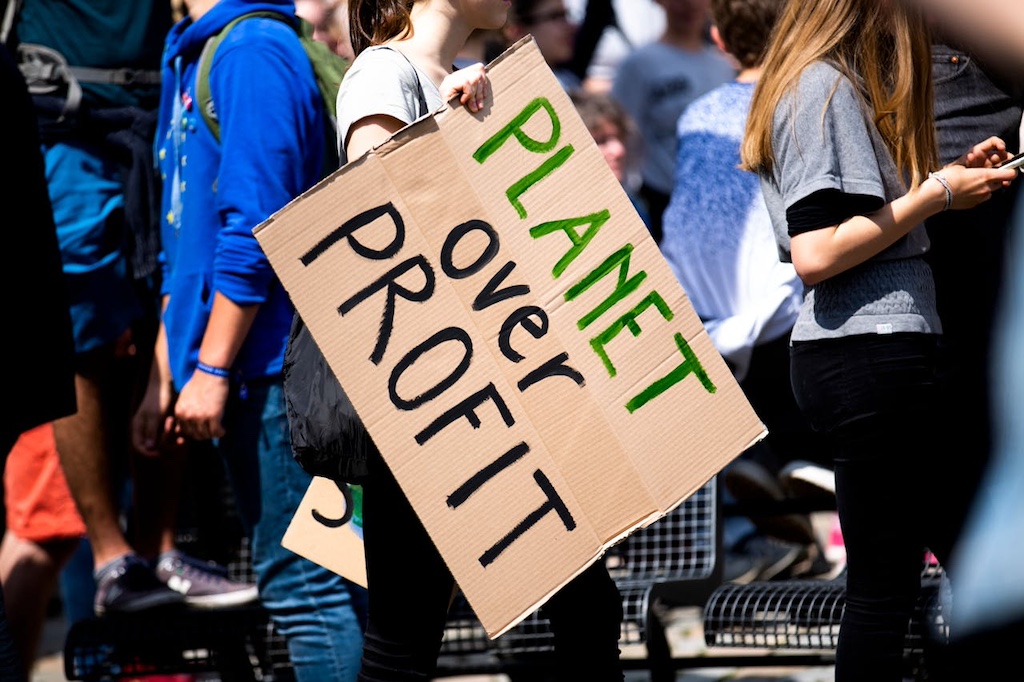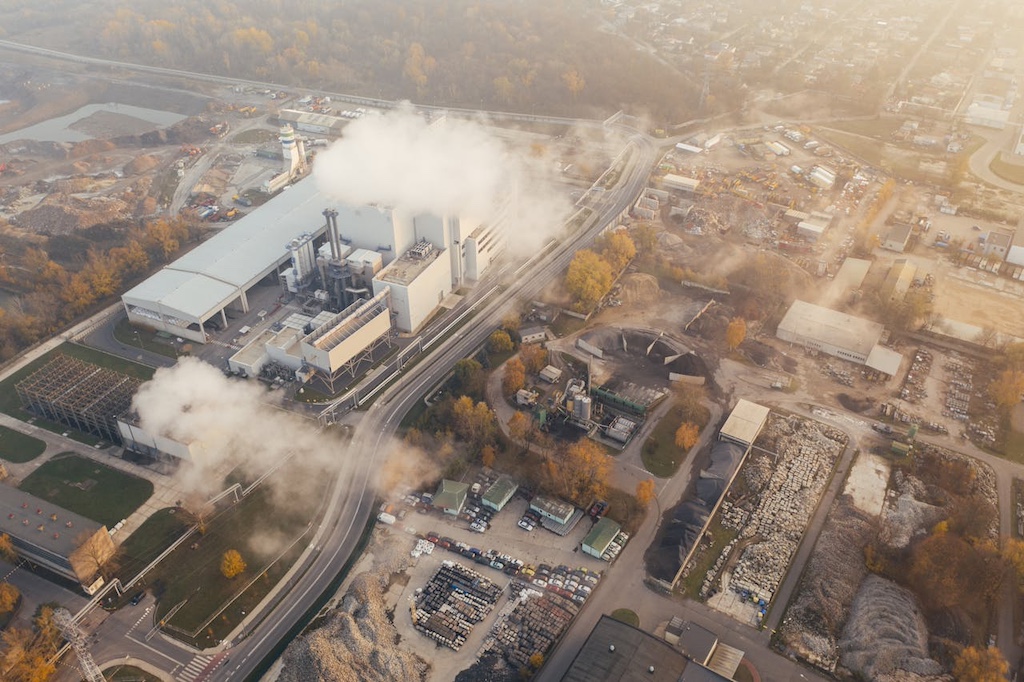As the global community strives to limit global warming to below 1.5°C, attention has turned to major-emitting countries—Indonesia included. While Indonesia has pledged to achieve net zero emissions by 2060 or sooner, the latest report from Climate Action Tracker (CAT) reveals that the country’s current climate policy is rated as “critically insufficient.” This rating indicates that Indonesia’s policies are far from adequate in curbing the global temperature rise and may even worsen the climate crisis if no urgent improvements are made.
As a developing country with a rapidly growing economy and abundant natural resources, Indonesia holds a critical role: it is key to the global energy transition while also being highly vulnerable to the effects of climate change. So, why has Indonesia received such a low rating for its climate policy?
Why Indonesia is Categorized as “Critically Insufficient”
The “critically insufficient” rating given by CAT is based on clear and measurable factors. This category means that Indonesia’s current climate actions and policies are not only insufficient but also inconsistent with the globally agreed principle of fair mitigation efforts. According to the Paris Agreement framework, this rating implies that if every country acted like Indonesia, the world would be heading towards a temperature rise of over 4°C — far beyond the safe limit.
Several key reasons contribute to this assessment:
- Slow energy transition: Despite some growth in renewable energy capacity, coal still dominates Indonesia’s energy mix.
- Lack of strong incentives for emission reduction in industrial and transportation sectors, both of which remain high emitters.
- Overreliance on carbon offset projects rather than real, measurable emission reductions within the country.
- Poor transparency in policy implementation and monitoring.
Indonesia’s Greenhouse Gas Emissions Projected to Rise by 2030
One of the critical points highlighted by Climate Action Tracker is Indonesia’s projected increase in greenhouse gas (GHG) emissions. Without significant additional interventions, Indonesia’s emissions are expected to rise by about 20% by 2030 compared to current levels. This is in stark contrast to global recommendations, which urge a 45% reduction in emissions by the same timeframe to keep the 1.5°C goal alive.
The current policy scenario—which relies on already existing plans and measures—shows that Indonesia is still too dependent on fossil fuel projects. This includes the construction and planning of new coal-fired power plants. Even with the enhanced Nationally Determined Contribution (NDC) targets, the upward trend in emissions is unlikely to be reversed without systemic changes and accelerated transformation across sectors.

https://www.pexels.com/photo/woman-in-blue-jacket-holding-white-and-black-i-am-happy-to-be-happy-print-paper-2559749/
Climate Action Tracker’s Notes: Regulation Reform and Transparency Are Critical
Climate Action Tracker stresses that Indonesia must take immediate steps to strengthen its regulations, improve transparency in policy implementation, and avoid greenwashing in its net-zero strategies.
- Stronger, enforceable regulations are needed to ensure emission reductions are not based solely on voluntary commitments or project-based approaches. For instance, Indonesia must introduce binding laws that limit coal use and speed up the retirement of coal-fired power plants.
- Transparency in implementation is another area of concern. Many announced policies lack clear roadmaps, measurable progress indicators, or regular reporting mechanisms. Without transparency, public trust in Indonesia’s climate commitments will remain weak.
- Greenwashing poses a real threat. Some strategies promoted as part of a green transition still support fossil fuel expansion. For example, “clean coal” technologies or carbon capture and storage (CCUS)—which remain largely unproven—can create a false impression of progress while delaying the necessary structural transformation.
The “critically insufficient” rating of Indonesia’s climate policy is more than a warning—it’s a call to action. In the face of an escalating climate crisis, long-term commitments are not enough. What Indonesia urgently needs is real, rapid, and measurable action. Regulatory reform, implementation transparency, and a firm rejection of greenwashing practices are essential to realign its climate pathway with the 1.5°C goal.
With its vast potential in renewable energy and strategic importance on the global stage, Indonesia has a golden opportunity to lead the green transition. But without decisive steps and serious implementation, the country’s net zero ambition may remain a hollow promise. The world is watching—and time is running out. Now is the moment for Indonesia to show that its climate commitments are more than just words.
Read other Articles: Indonesia’s Commitment to Reducing Carbon Emissions





